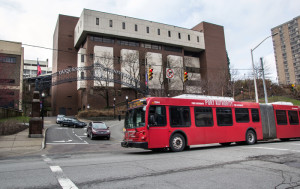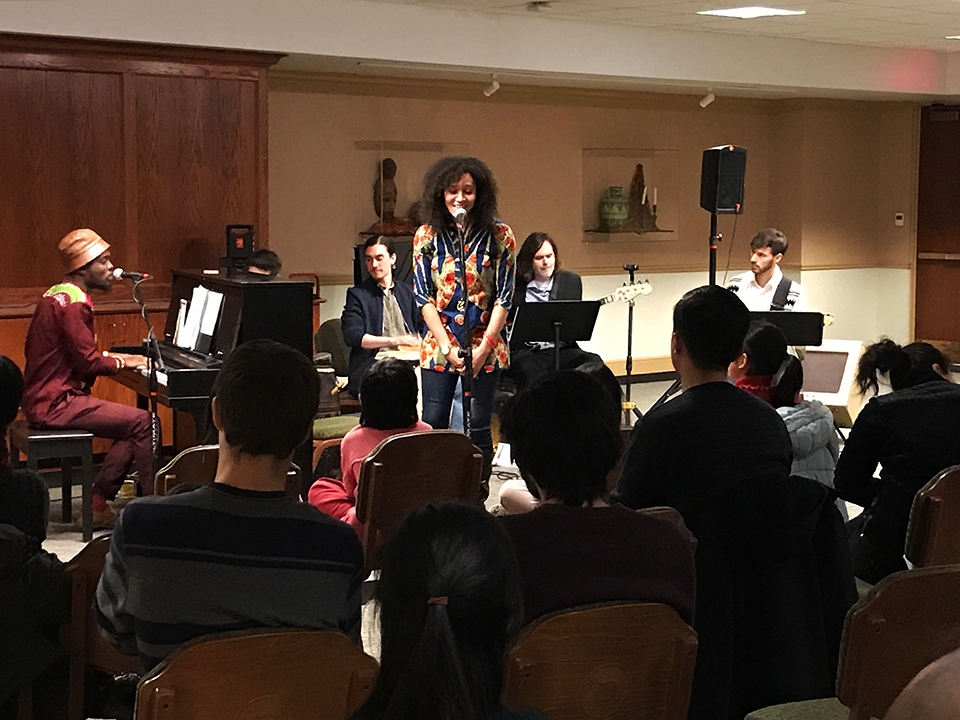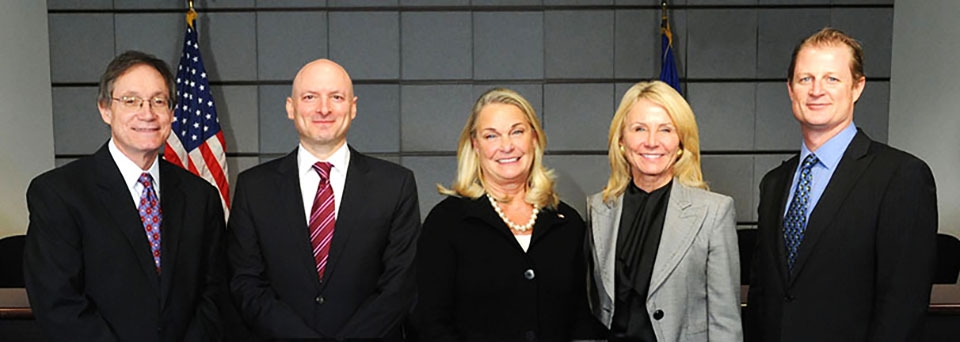
By Carolyn Conte | The Duquesne Duke
The neighborhood surrounding Duquesne might start looking more like the Netherlands in the near future.
The City of Pittsburgh is considering a $1.5 million project to transform Uptown into a “destination-neighborhood” by using environmentally friendly urban planning techniques based on a Dutch method called “EcoInnovation,” according to Tim McNulty, communications manager for Mayor Bill Peduto.
McNulty said the project is still in the planning stage, but transportation upgrades and eco-friendly construction will be top priorities.
“We knew Uptown is right for changes, and we also knew in the 21st century we have to be conscious of the environment,” McNulty said.
As part of the improvements, the Port Authority of Allegheny County is conducting a $4 million study on possible improved transit through Uptown, from Oakland to Downtown, according to McNulty.
McNulty said the city hopes “to replicate the cutting edge research in countries like the Netherlands.”
EcoInnovation is the development of “products and processes that provide customer and business value but significantly decrease environmental impacts,” creator Peter James wrote in the book he co-authored with Claude Fussler about the method called Driving EcoInnovation.
Duquesne is Uptown’s largest occupant. While there are no solid plans as to how the University will be involved in the changes, McNulty said the city hopes to “join hands” with the school in the project.
“Duquesne University has been actively involved in the Uptown neighborhood since its founding,” Duquesne spokeswoman Rose Ravasio said, “and we will continue to be a partner in the development and revitalization of the neighborhood in the future.”
Ray Gastil of Gastilworks Planning and Design serves as Pittsburgh’s planning director. According to Gastil, the improvements to Uptown will include changes in energy generation. One possibility is the use of “district energy,” or a system that produces utilities such as hot water or electricity at one central plant, and sends them directly to individual buildings. Duquesne’s cooling towers are an example of district energy
“Duquesne has district energy itself,” Gastil said, “but we’re looking to expand the use of district energy.”
He also agreed that many Nordic countries are a model for the plans as they have small carbon footprints.
“Putting in more trees and new energy systems is one way to do that,” Gastil said.
Gastil has plans to meet with professionals from cities like Stockholm, who might be able to offer more ideas.
Other Uptown improvements might include storm-water management – which requires streets to be redone and more rain guards put in – and replacing old apartments with newer ones, according to Gastil.



